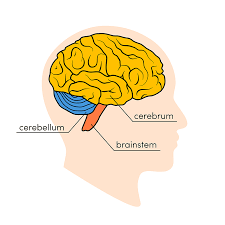What controls balance and coordination?
a. brain stem
b. cerebrum
c. cerebellum
The c. cerebellum controls balance and coordination.
True or False: When you are learning to do something physically, like dancing or riding a bike, your cerebellum makes small adjustments to improve your performance.
True, your cerebellum makes small adjustments to help you improve your physical performance.
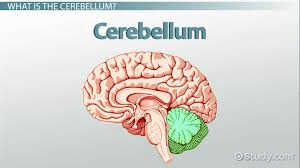
I am the largest part of the brain, divided into two hemispheres. I am sometimes called “the thinking brain.” What am I?
The largest part of the brain is the cerebrum.
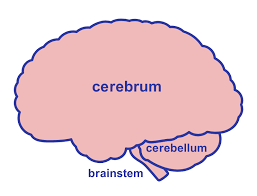
I am only three inches long, but without me the spinal cord would not be connected to the brain. One of my parts is called the medulla. What am I?
This is the brain stem.
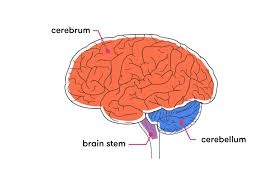
I look a lot like the cerebrum, with two hemispheres of my own, but I am much smaller. Without me, you would not be able to balance on one leg. What am I?
This is the cerebellum.
True or False: The more you learn, the thicker the cerebral cortex becomes.
True, the more you learn, the thicker the cerebral cortex becomes.
The cerebrum is divided into two halves called:
a. atmospheres
b. stratosphere
c. hemispheres
The cerebrum is divided into two halved called c. hemispheres.
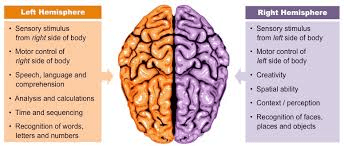
The left side of your cerebrum controls the ________ side of your body, and the right side of your cerebrum controls the _________ side of your body.
a. right, left
b. left, right
The left side of your cerebrum controls the right side of your body, and the right side of your cerebrum controls the left side of your body.
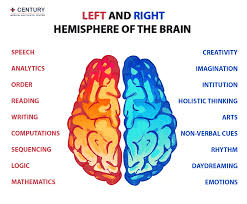
The left hemisphere of your cerebrum is connected to:
a. imagination, music, and shapes
b. language, math, and reading
The left hemisphere of your cerebrum is connected to b. language, math, and reading.
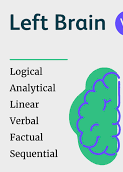
The right hemisphere of the cerebrum is associated with:
a. language, math, and reading
b. imagination, music, and shapes
The right hemisphere of the cerebrum is associated with b. imagination, music, and shapes.
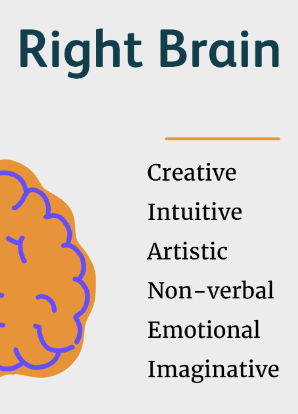
What is the cranium, and what does it protect?
The cranium is the skull and protects the brain.
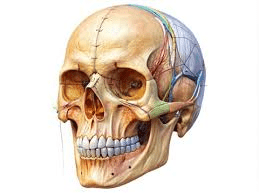
A full-grown brain weighs about. . .
a. 1 pound
b. 2 pounds
c. 3 pounds
A full-grown brain weighs about c. 3 pounds.
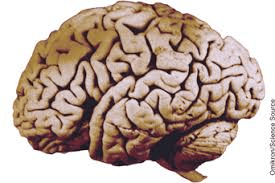
Which part of the brain helps relay messages between your brain and spinal cord?
a. brain stem
b. cerebrum
c. cerebellum
The a. brain stem helps relay messages between your brain and spinal cord.
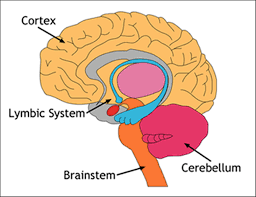
The bottom third of your brain stem is responsible for your body's involuntary muscle movement. What is it called?
a. cerebrum
b. medulla
c. cerebellum
The b. medulla is responsible for your body's involuntary muscle movement.
The largest part of your brain, called the cerebrum, controls. . .
a. breathing, sneezing, digestion
b. language, memory, thought, sensations.
The cerebrum controls b. language, memory, thought, sensations.
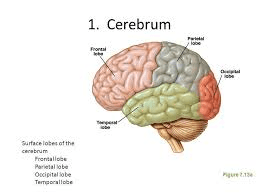
Your spinal cord is connected to your brain by the. . .
a. brain trunk
b. central artery
c. brain stem
Your spinal cord is connected to your brain by the c. brain stem.
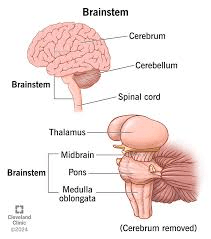
Why does your brain float in a clear liquid?
The liquid cushions your brain from hitting the sides of your skull.
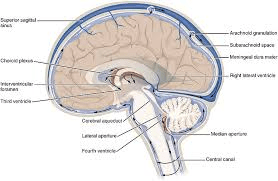
What carries oxygen and water to the brain?
a. nerves
b. skin
c. blood vessels
C. Blood vessels carries oxygen and water to the brain.
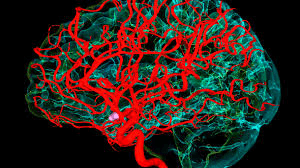
Humans have___________ brains than animals when compared with their body size.
a. smaller
b. larger
Humans have b. larger brains than animals when compared with their body size.
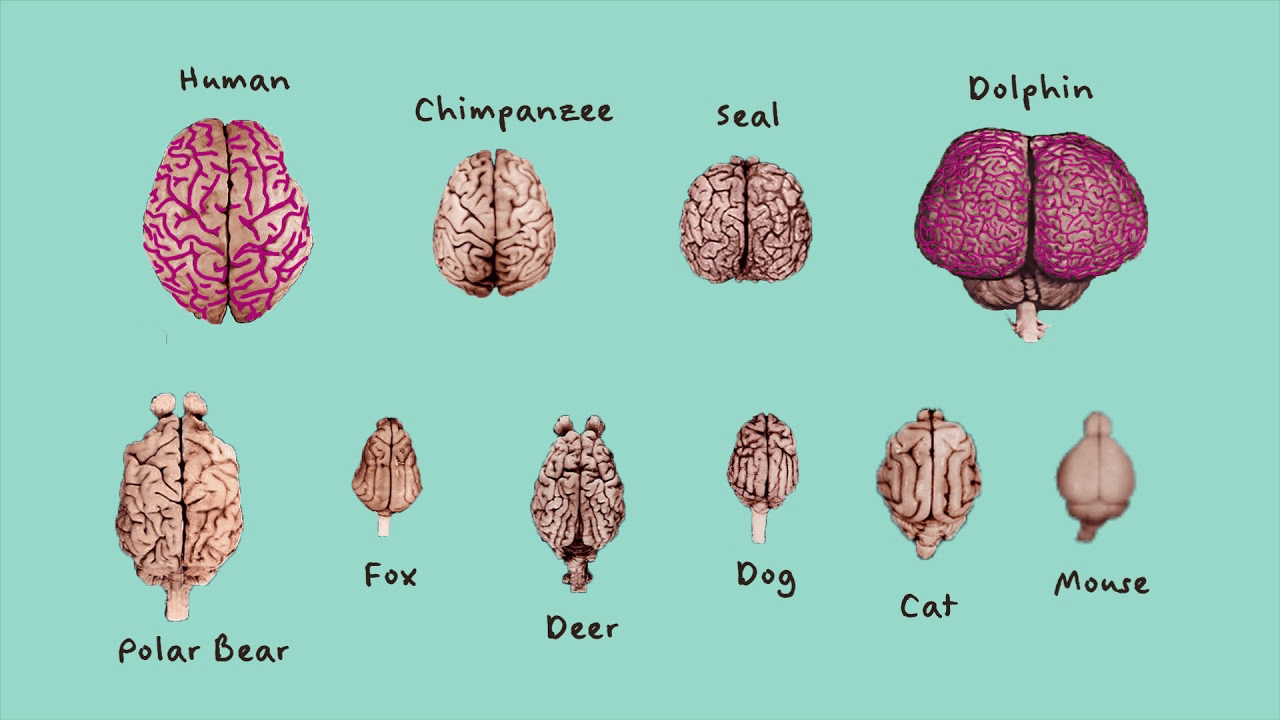
What are the three sections of the brain?
a. medulla, pons, midbrain
b. cortex, lobes, hemispheres
c. brainstem, cerebrum, cerebellum
The three sections are c. brainstem, cerebrum, cerebellum.
